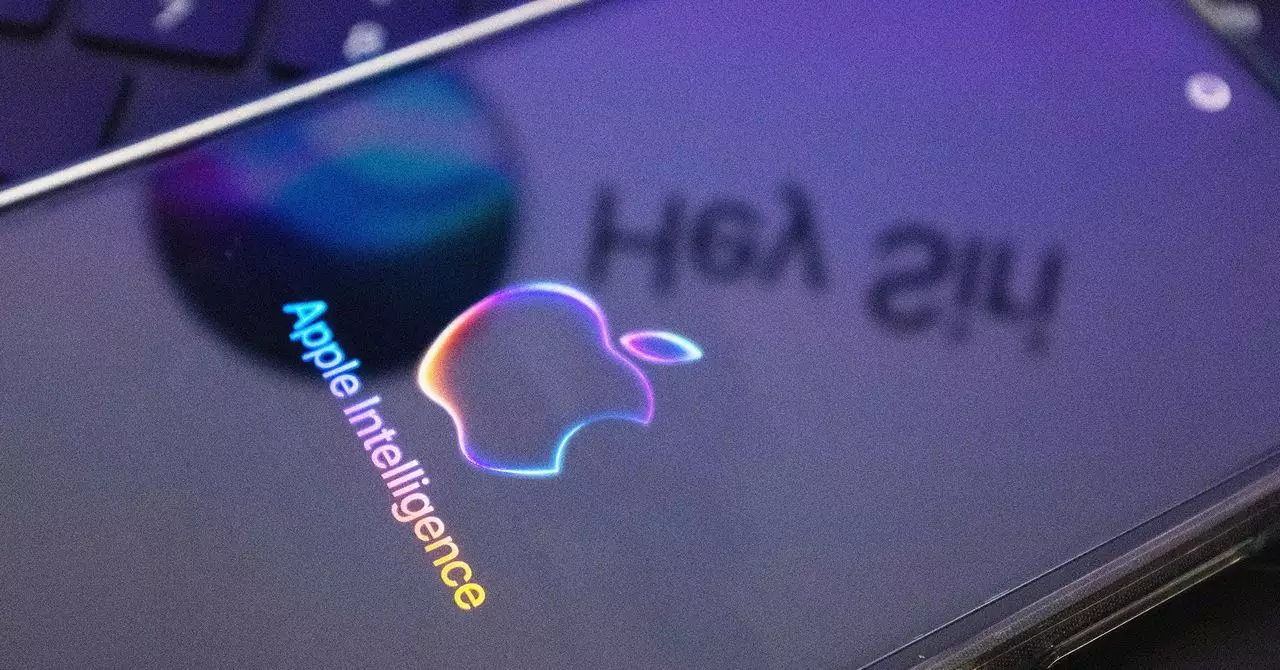When Apple acquired Siri, it marked a pivotal moment in the tech sphere, one that encapsulated Steve Jobs’ vision of seamlessly integrating advanced technology into everyday life. Siri co-founder Tom Gruber recounted that Jobs was intimately involved in every facet of the acquisition, underscoring a personal commitment to transform the way humans interacted with their devices. However, while Apple was lured by the potential of Siri, the reality portrayed by some Apple executives starkly contrasts with that vision. The initial version of Siri was, according to Richard Williamson, a former Apple executive, more of a “demo” than a fully developed product. This revelation sheds light on the turbulent journey that Siri embarked upon—one marked by significant technological limitations and an overestimation of what the acquisition could bring.
The Flawed Foundations
From its inception, Siri struggled under the weight of its ambitions. Williamson’s comments reveal a product characterized not by artificial intelligence, but rather by rudimentary mechanisms of keyword matching. The implication is that early Siri was like a magician’s trick—an illusion designed to wow but devoid of substance. Apple’s strategy of building a digital assistant on such shaky ground raises questions about their decision-making process at the time. The disparity between the vision and the reality indicates that the company may have rushed into a promising arena without addressing the foundational barriers that would ultimately hinder its growth.
A Privacy Dilemma
As competitors like Amazon and Google reveled in their AI advancements, Apple took a markedly different approach—prioritizing user privacy over expansive data collection. While this principle serves as a pillar of Apple’s brand identity, it also complicates the development and functionality of Siri. Gruber acknowledges this dilemma, suggesting that maintaining a strong privacy stance can inadvertently stifle the richness and contextual understanding that a more data-driven approach could afford. Apple’s cautious tactics seem to lock Siri into a perpetual cycle of underperformance, leaving users to wonder why their experience seems inferior compared to voice assistants from rivals that thrive on extensive user insights and data mining.
The contrast in philosophies between Apple and its competitors presents a significant strategic quandary. Will Apple ever be able to catch up with the likes of Alexa or Google Assistant without sacrificing its core ethos? This contention challenges the notion of technological progress versus ethical responsibility, reducing Siri’s capacity for genuine intelligence and responsiveness.
Comparing Apples to Apples: The Numbers Game
To illustrate the magnitude of the challenge, one must consider the staggering differences in the computational frameworks behind these AI systems. Estimates suggest that while Apple’s on-device AI operates with around 3 billion parameters, OpenAI’s advanced models like GPT-4 boast a staggering 1.8 trillion parameters. This notable disparity inherently confines Siri’s capabilities and contextual understanding, limiting its performance in real-world applications. The growing prominence of lean AI models, such as DeepSeek, presents an interesting opportunity for Apple. However, Apple’s focus on maintaining a more straightforward, privacy-centric model may continue to stifle its potential if it does not adapt.
Future Directions: A Balancing Act
Despite the hurdles, promises linger that a revamped Siri could emerge through an innovative strategy wherein less-complex queries are processed locally while more intricate tasks are delegated to cloud-based systems like OpenAI. This hybrid approach could potentially enhance Siri’s efficiency while allowing Apple to adhere to its privacy commitments. Nevertheless, this method will require user consent and transparency—not just as a formality, but as a necessary paradigm to reassure users about data stewardship.
The road to revolutionizing Siri is fraught with complexities, not only technologically but ethically. As Apple navigates these waters, the tech giant is challenged to rethink its legacy in light of the relentless march of AI innovation. Whether Siri can transform into a digital assistant worthy of its initial hype remains an open question, but one thing is clear: the future of Siri has significant implications for Apple, its consumers, and the wider tech landscape, demanding a reevaluation of what it means to be a leader in software innovation.


Leave a Reply
You must be logged in to post a comment.